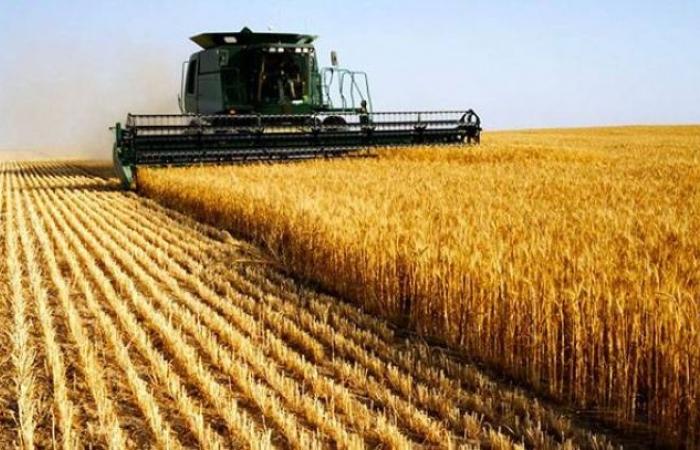In its latest biannual report on the world food outlook, the Food and Agriculture Organization of the United Nations (FAO) indicates that “wheat production in Morocco is expected to decline by almost 40% in 2024 compared to the ‘previous year, reaching 2.5 million tonnes, which is below average’. To compensate for this decrease in domestic production, imports could increase by 19% to reach 7.5 million tonnes this year.
The organization also notes that Morocco ranks sixth among the top ten wheat importers this year. Egypt leads the way, with expected imports of over 12 million tonnes, followed by Indonesia with around 12 million tonnes, Turkey with over 10 million tonnes, China with 9 million tonnes and l Algeria with more than 8 million tonnes. Behind Morocco are Bangladesh, the Philippines and Nigeria, according to FAO data.
Iimpact on growth
Based on these statistics, economist Mohamed Jadri predicts significant difficulties for the Moroccan economy this year. “This is the third consecutive year, and the fifth in six years, that the country has suffered from a serious water shortage, directly impacting the economy. The finance law had forecast a growth rate of 3.7% , based on an agricultural production of 75 million quintals of cereals. However, according to the latest forecasts from the Ministry of Agriculture, it is likely that Moroccan agricultural production will not exceed 32 million quintals of wheat, which will inevitably affect. the growth rate,” he analyzes. According to him, growth could be between 2.5% and 2.8% instead of the anticipated 3.7%.
The economist also places emphasis on cereal consumption. “National production, estimated at 32 million quintals, is well below national consumption, which exceeds 100 million quintals. Consequently, the Moroccan government will have to import between 60 and 70 million quintals of cereals to satisfy national demand “, he emphasizes.
Consequences on the trade balance
Concerning the impacts of this situation, he notes that these imports will be paid in foreign currency. “Last year, the cereal bill exceeded 80 billion dirhams. This year, we could well exceed 100 billion dirhams in cereal imports, which will once again negatively affect the trade balance. This problem will not be not resolved until the water issue is adequately addressed, and this does not seem possible before 2026 or 2027,” he adds.
Job Loss
Another risk mentioned is the loss of jobs in rural areas. “Last year, around 297,000 jobs in the rural sector were lost. This year, we risk losing around 300,000 more jobs, marking the second consecutive year of significant losses,” he laments.






